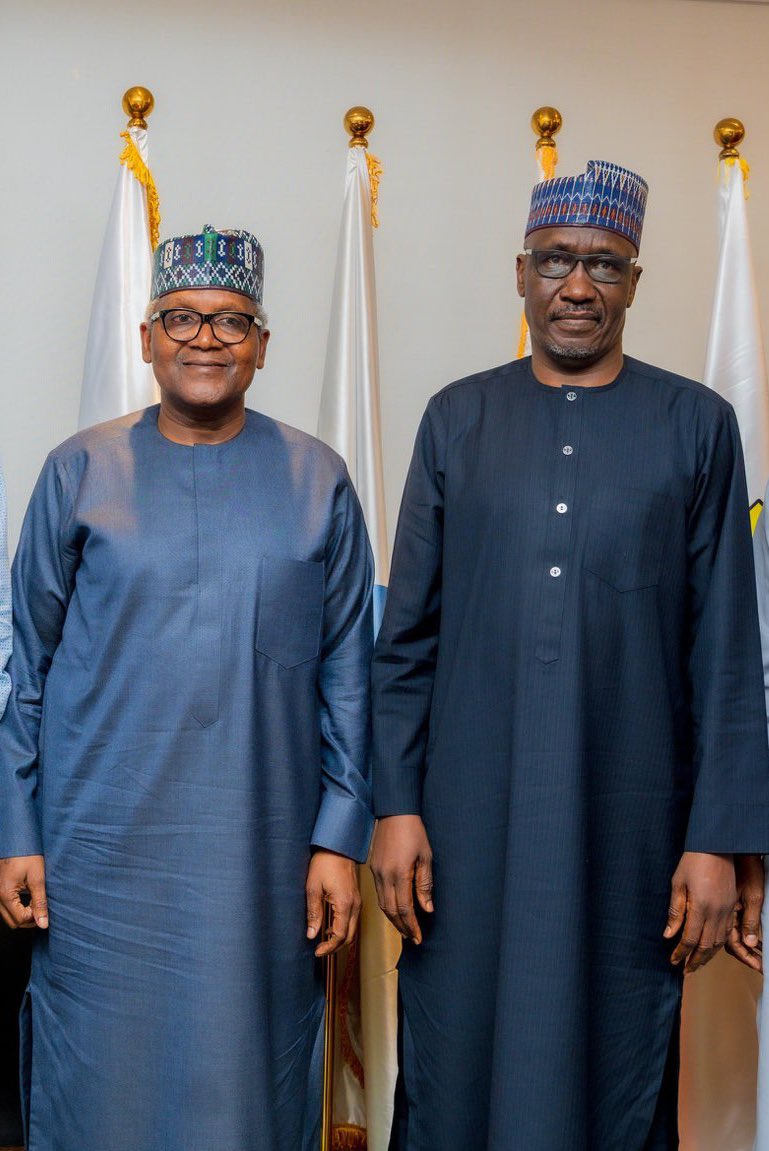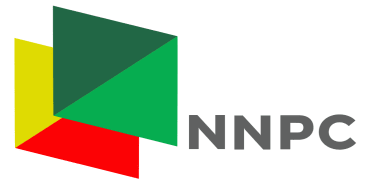Resolving The Dangote Refinery Debacle: A Call For Transparency, Fair Play And Home-Driven Competition.
"Resolving the Dangote Refinery Debacle: A Call for Transparency, Fair Play, and Home-Driven Competition"
The recent feud between Dangote Refinery and oil sector regulators has exposed deep-seated issues in Nigeria's oil industry, revealing why efforts to fix NNPC's four refineries have consistently failed. The altercation has created a stir, with the Africa Development Bank president, Akinwunmi Adesina, expressing concern over the global implications.
At the heart of the matter lies the regulator's claims of inferior quality diesel produced by Dangote Refinery, which was later debunked by laboratory tests. This has raised questions about the regulator's intentions and the government's commitment to supporting local enterprises. The regulator's accusations of monopolistic reflexes and inferior quality products are unfounded, and the government's decision to issue new fuel import licenses, despite Dangote Refinery's capacity to meet local demand, is counterproductive.
The government's actions are reminiscent of the 2011 fuel scam, where N1.7 trillion was lost to importers in connivance with some thieves in the bureaucracy. It is inconceivable that this tainted template of fuel procurement is still preferred when a local alternative exists. The halved fuel subsidy program, earmarked at N5.4 trillion in 2024, also raises concerns about the government's commitment to transparency and accountability.
The government granted 25 licenses to investors for the setting up of refineries in 2016, but only Dangote took the bait. Now is the time for the country's three moribund refineries in Port Harcourt, Warri, and Kaduna to be brought back fully on stream if the government's charges of seeking to prevent a monopoly are to be taken seriously. These refineries have guzzled N12 trillion in dubious turn-around maintenances since 2010, with no tangible results.
The government's enthusiasm for Dangote Refinery in 2021, as consummated in the purported 20% equity stake in the refinery, seems to have waned. A subversion of this gain, therefore, by any act of omission or commission, will not be in the best interest of the country. The cost of fuel importation exerts pressure on the naira and the economy, and Nigerians are the worse for it.
In conclusion, the government must ensure transparency, fair play, and home-driven competition in the oil industry. The regulator's claims must be backed by facts, and the government's actions must prioritize the country's interests. Sanity can only prevail with the reversal of the current state of affairs, marked by official corruption and massive oil theft.


















